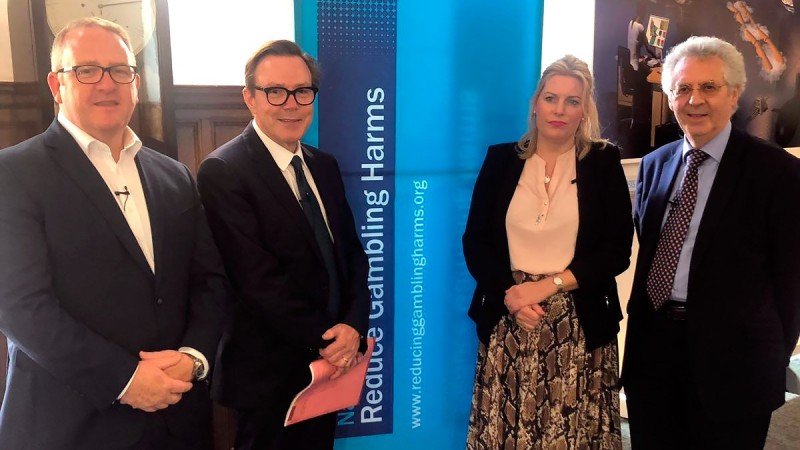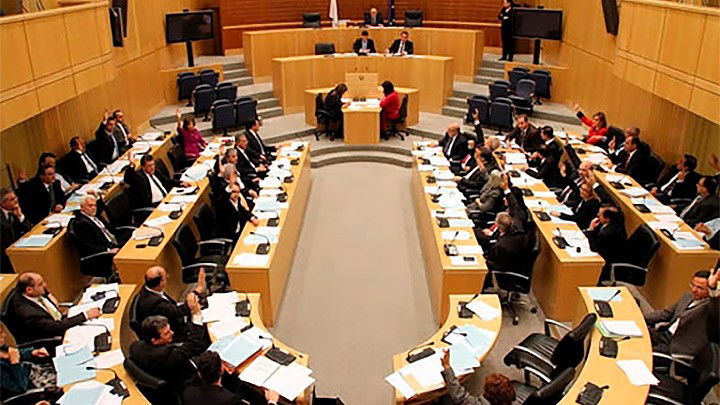UKGC launches its three-year National Strategy to Reduce Gambling Harms

The UK Gambling Commission (UKGC) launched Thursday the new National Strategy to Reduce Gambling Harms, a three-year strategy which will drive and coordinate work to bring a lasting impact on reducing gambling harms. For the first time, health bodies, charities, regulators and businesses will come together in partnership to effectively tackle the issue.
With that aim, the Commission is calling for action and combined efforts to deliver two strategic priority areas: Prevention and Education, making significant progress towards a clear public health prevention plan which includes the right mix of interventions; and Treatment and Support, delivering truly national treatment and support options that meet the needs of users.
As part of the new strategy, the UKGC stated in an official release that it will continue to take a firm regulatory enforcement approach whilst also further improving gambling harms research and evaluation so that there is widespread adoption of what works. The Commission will also explore the establishment of a new National Research Centre and work is being undertaken to build a National Data Repository for research purposes.
During the launching event, William Moyes, Chairman of the Gambling Commission, said: “The success of this strategy relies on everyone working together to reduce gambling harms through prevention and education, and treatment and support. Everyone has a role to play to combat gambling harms and I’m delighted that the health sector, charities and businesses are showing their commitment to get behind the strategy and make it a success.”
Gambling Commission chair, William Moyes: "We are today launching a new National Strategy to Reduce Gambling Harms. A new strategy with a new approach - a public health approach - that focusses much more on the part that products and the environment play." #reducinggamblingharms pic.twitter.com/zGH6ch03bx
— Gambling Commission (@GamRegGB) 25 de abril de 2019
“We all need to better understand the harms that can be caused by gambling, moving away from simply counting problem gamblers and instead build a greater understanding of the harms experienced. Over the lifetime of the strategy, we will better understand the full range of harms and how to protect against them.’’
Minister for Sport and Civil Society Mims Davies, stated: “Protecting people from harm should be at the heart of every gambling business. Addiction can ruin lives and it is vital that those who need help are given the right treatment at the right time. The Gambling Commission’s strategy reflects our clear expectation that the whole sector must come together to reduce problem gambling and the harm it does to people and their families. Through increased research, education and treatment I want to see faster progress made in tackling this issue.”

Furthermore, Claire Murdoch, National Director for mental health at NHS England, said: “There is increasing evidence of a link between problem gambling and stress, depression and other mental health issues and this is an important step in the battle to reduce the harm caused. The NHS is playing its part with the Long Term Plan committing to an increase in mental health services for patients with a gambling problem but gambling addiction is not just the NHS’s problem – it is an issue for the whole of society affecting people of all ages and backgrounds which is why it is everyone’s responsibility to act. That is why the NHS looks forward to working closely with our partners to protect vulnerable people and ensure they have the right support."
Public Health England (PHE) will also be conducting the first ever review of evidence on the public health harms in England relating to gambling. The review will look at the range and scale of gambling harms and identify the impact of gambling on people's health and wellbeing.
Rosanna O’Connor, Director of Alcohol, Drugs, Tobacco and Justice at Public Health England, added: “PHE welcomes the Strategy’s commitment to taking a public health approach to gambling related harms. There is an urgent need to develop a better understanding of these harms and how best to respond to them and PHE has been commissioned by Government to undertake a comprehensive independent evidence review on the public health harms of gambling.”
“In addition, the National Institute for Health Research has commissioned a complimentary review of the effectiveness of policies and interventions for reducing gambling-related harm, which will form part of PHE’s report. Our full evidence review is expected in spring next year,” she anticipated.
To support the new strategy, a new website has been launched where all information on the strategy’s priorities can be accessed and progress can be tracked. It is available through www.reducinggamblingharms.org.

Ahead of the new strategy launch, last month the Gambling Commission also announced that its independent advisors, the Responsible Gambling Strategy Board (RGSB), had been renamed as the Advisory Board for Safer Gambling (ABSG) as part of a renewed focus on the safety of consumers and prevention of harm. Furthermore, UKGC published last week its 2019-20 Business Plan, which outlines the Commission’s key areas of focus for the next 12 months in terms of protecting consumers, preventing harm, raising standards, optimizing returns to good causes from lotteries, and improving the way it regulates.

















































